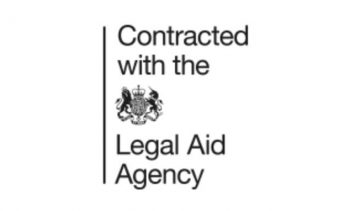The Renters Reform is not yet law but seeks to make changes to the ‘no fault eviction’ currently allowed under section 21 of the Housing Act 1988. Landlords will therefore not be able to carry out eviction using this method and would therefore need to rely on the current process of section 8 of the Housing Act 1988.
As a result of these proposed changes, this will mean that landlords must be able to evidence certain grounds to seek possession of the property in question.
The law as it stands in England and Wales is that grounds for eviction under section 8 are comprised of mandatory and discretionary grounds, as such a landlord is able to rely on a mixture of both. If a landlord proves the mandatory ground for possession, the court must award possession of the property to the landlord. And if this cannot be proved, the landlord must rely on the discretionary powers of the court to grant possession. Ultimately, this will mean it is the court that will decide whether to grant possession or not.
Also, the Renters Reform Bill further proposes to extend the available grounds a landlord can rely upon under section 8. As it is, the Bill is still in consideration and no date as to when it will become Law.
If you are a landlord or tenant and have questions about what this Bill could mean for you, call our team of solicitors in Enfield and book your consultation with us.



2 thoughts on “The Renters Reform Bill”
Pingback: Importance of Gas Safety Certificate
Pingback: Breaking Clause and how they work